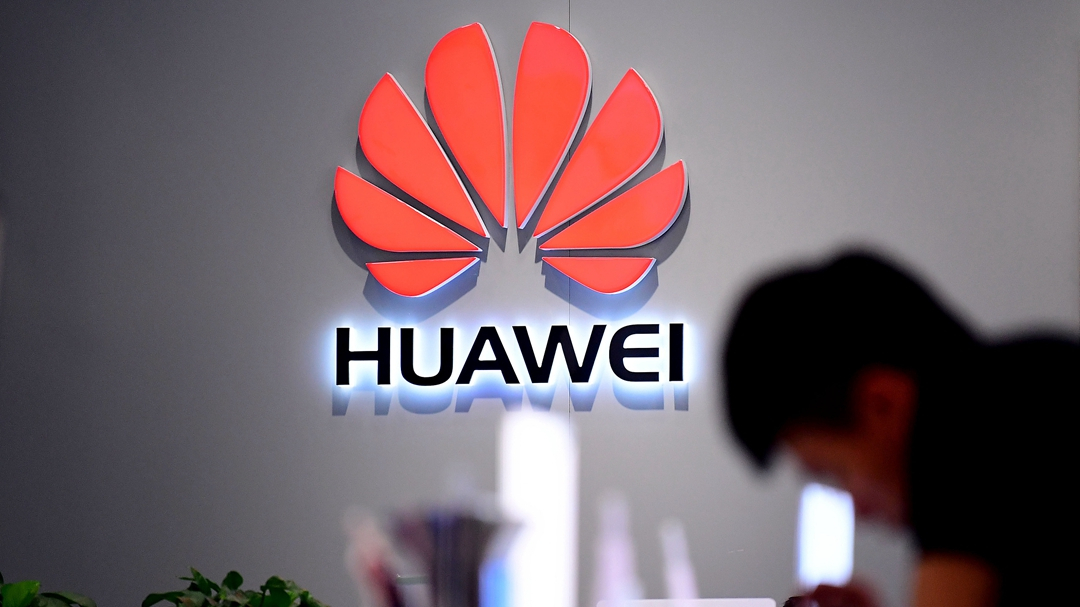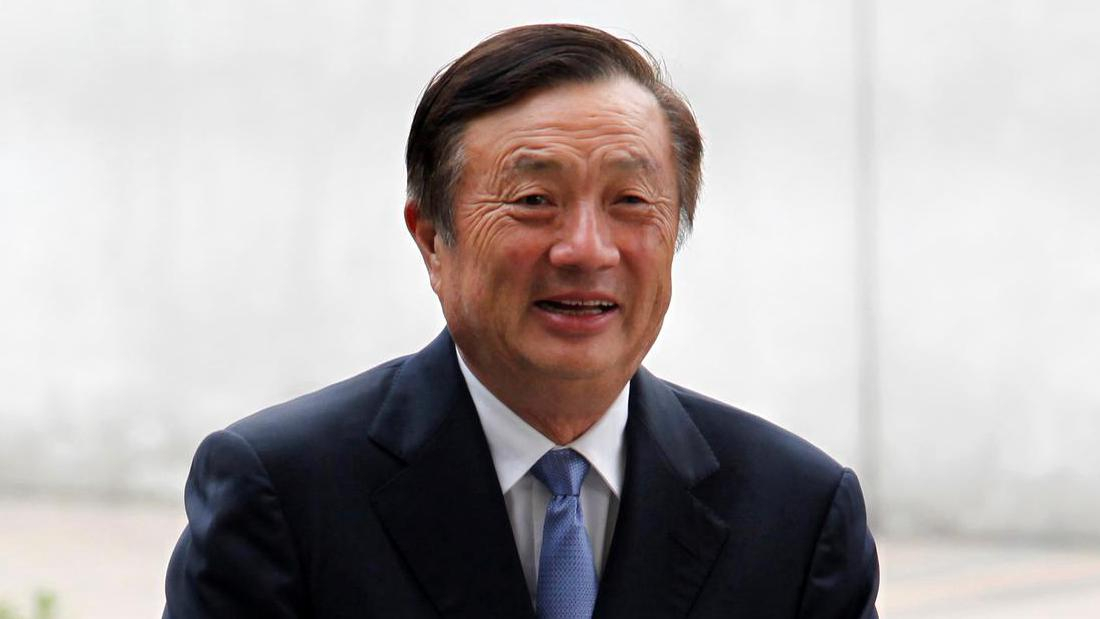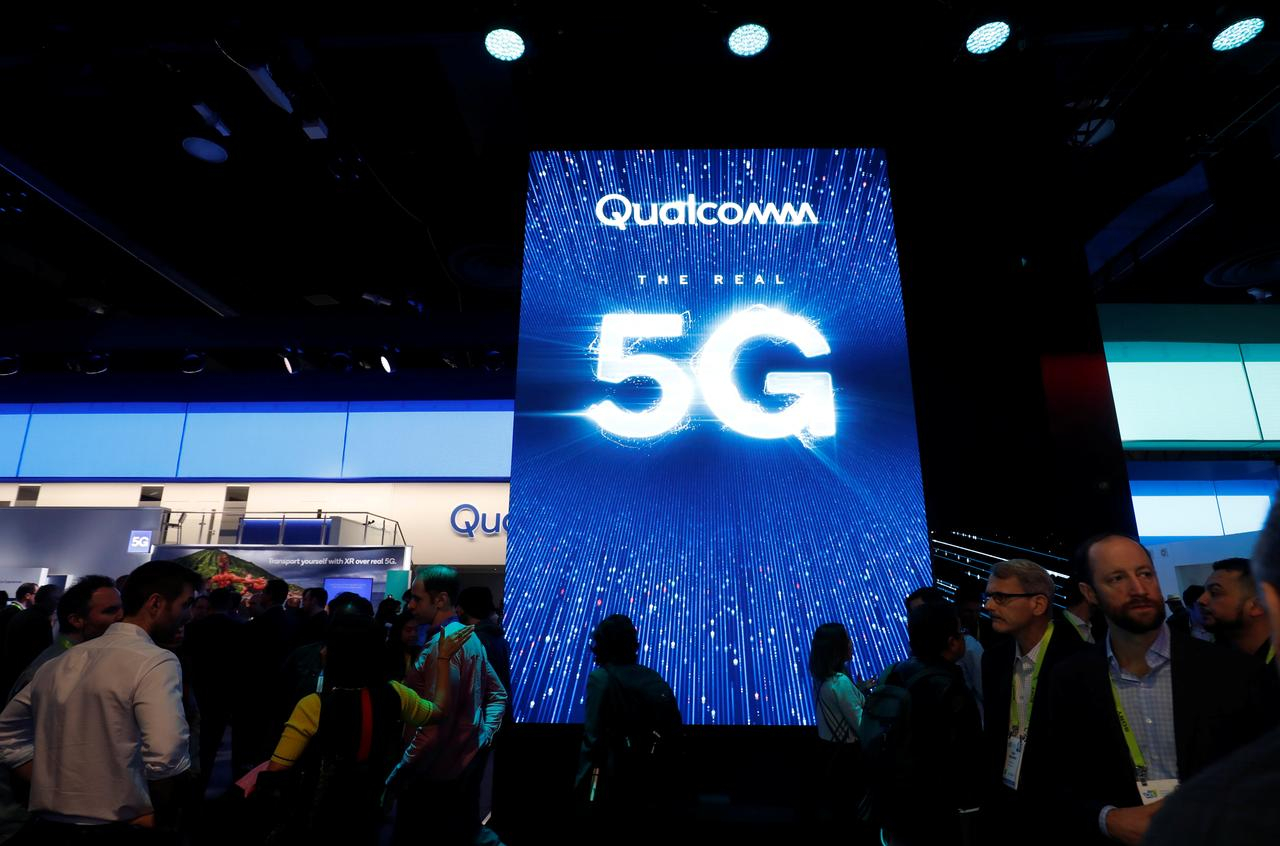
Technology
22:42, 19-May-2019
U.S. may scale back trade restrictions on Huawei for existing customers
CGTN

The U.S. may scale back its blanket ban on Chinese telecom giant Huawei to ensure the operation of its existing U.S. customers, Reuters reported on Friday, citing a spokeswoman of the U.S. Commerce Department.
The message came two days after the U.S. effectively barred the use of Huawei equipment in its telecom networks with an executive order signed by President Donald Trump, and the Commerce Department added Huawei to a blacklist that bans the company and its 70 affiliates from buying technology and components from American firms without U.S. government approval.
According to the spokeswoman, the Commerce Department is considering issuing a 90-day-long temporary general license to allow Huawei to buy U.S. goods so it can help existing customers maintain the reliability of networks and equipment.
But it is still forbidden to buy American parts and components to manufacture new products.
The temporary general license will be posted in the Federal Register, the spokeswoman told Reuters.
Huawei declined to comment when reached by CGTN.
On Sunday, Huawei's founder and CEO said that the company was fully prepared for the U.S. restrictions and would be "fine" even if U.S. chipmaker would not sell chips to the company.

File photo of Huawei founder and CEO Ren Zhengfei. /CGTN Photo
File photo of Huawei founder and CEO Ren Zhengfei. /CGTN Photo
Who are the potential beneficiaries?
Internet access and mobile phone service providers in thinly populated places such as Wyoming and eastern Oregon that relied on Huawei equipment could be the beneficiaries.
Rural telecom carriers in the U.S. have long been resisting the executive order by Donald Trump to exclude Huawei, according to the Wall Street Journal.
Many rural areas in the U.S. do not have Internet services provided by big carriers and have to depend on small carriers.
The Rural Wireless Association (RWA) is a trade group of smaller carriers that serve the rural areas, and 75 percent of their equipment is from Huawei, which they find reliable and cost-efficient.
"We've obviously been in touch with the administration to make sure they understand whatever they do in that [order] doesn't have the unintended consequence of hurting rural America,” Carri Bennet, general counsel of the RWA told the Wall Street Journal, “What nobody in the administration or government or Congress seems to have looked at is how pervasive is all this gear in our networks.”
Its members estimate that it might cost from 800 million to one billion U.S. dollars for them to replace all the potentially affected gear from their wireless networks, and they believed the cost should be reimbursed by the government.
Huawei's U.S. suppliers already hit
The potential rule roll back suggests that the blanket ban on Huawei, which will profoundly change the supply chain of the world's largest telecom equipment manufacturer, may have immediate, far-reaching and unintended consequences.

Qualcomm, one of Huawei's biggest U.S. suppliers, saw its share price drop four percent following the U.S.' blacklisting of Huawei. /Reuters Photo
Qualcomm, one of Huawei's biggest U.S. suppliers, saw its share price drop four percent following the U.S.' blacklisting of Huawei. /Reuters Photo
Huawei's U.S. suppliers, which accounted for one-third of its total, have already been hit.
One day following the U.S.' announcement of blacklisting Huawei, Huawei's biggest suppliers, including Qualcomm, Intel and Micron Technology, all saw their share prices tumble.
Out of 70 billion U.S. dollars Huawei spent buying components in 2018, some 11 billion U.S. dollars went to U.S. firms.
If the U.S. Commerce Department issues the license, U.S. suppliers would still need separate licenses to conduct new business with Huawei, which would be extremely difficult to obtain, the spokeswoman said.
(With input from Reuters.)

SITEMAP
Copyright © 2018 CGTN. Beijing ICP prepared NO.16065310-3
Copyright © 2018 CGTN. Beijing ICP prepared NO.16065310-3